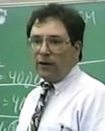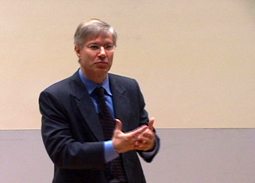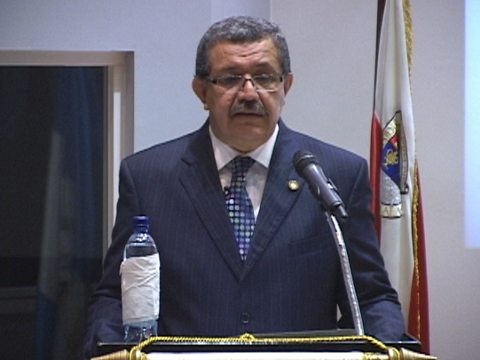About this videoIn this lecture, Dr. Michael Krauss discusses the importance of consistency in the rule of law. He explores the causes of inconsistency in the United States Supreme Court: cycling, path dependency, and strategic voting. The conditions leading to cycling are the presence of more than two possible positions and multi-peaked preferences. Path dependency reveals the importance of the order in which cases are heard by the court. And strategic voting reveals dishonesty on the part of the judges. Dr. Krauss wraps up the lecture by answering questions and commenting on some of the clauses in the United States Constitution. |
|
CreditsEconomic Analysis of Law and Public Choice (Part 8) | |











